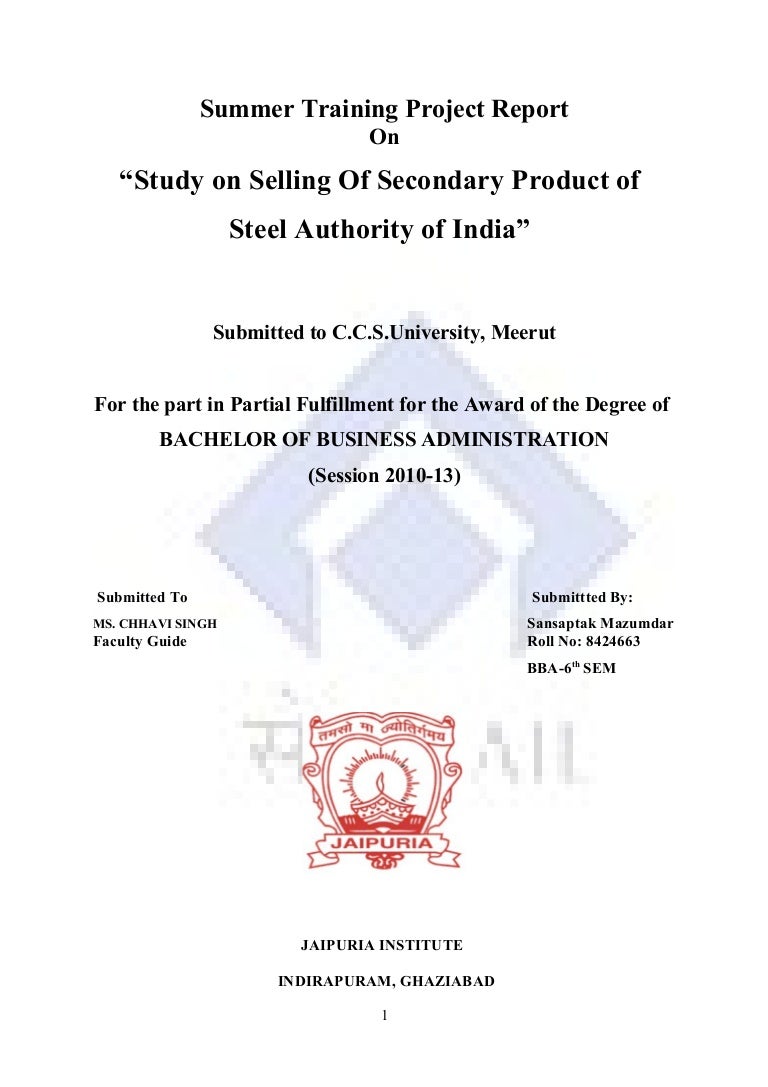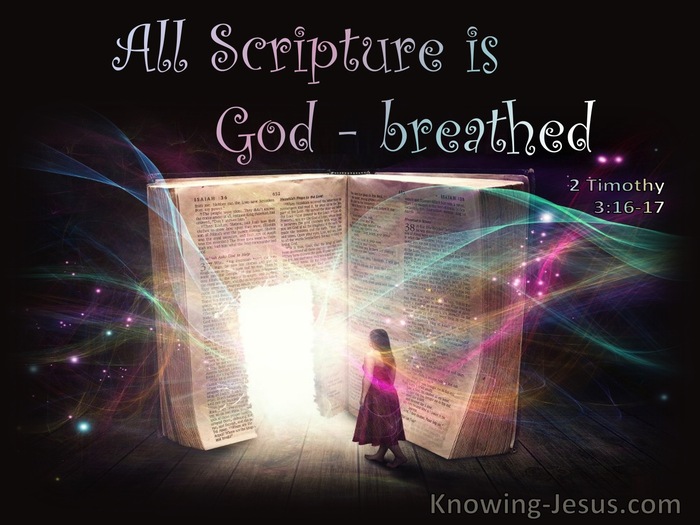One of the most enjoyable aspects of speaking to different groups on the reliability of the Bible is the Q&A time. It is an exciting (and risky) affair because you never know what you are going to get.
- The Book Of Rollsrejected Scriptures King James Version
- The Book Of Rollsrejected Scriptures In The Bible
- The Book Of Rollsrejected Scriptures Study
- The Book Of Rollsrejected Scriptures Verse

Then again, sometimes you do know what you are going to get. Over the years, one question has been asked more than all others combined: “What are the best books to read on the authority of the Bible?”
Due to the popularity of that question, I have compiled an annotated list of the 10 best books on this topic. It goes without saying that such a list is highly selective (and debatable). So many good books deserve to be included.
But my list is guided by these main criteria: (a) books that focus on the theological side of biblical authority and not as much on the historical evidences for the Bible’s history (though some overlap is inevitable); (b) books that are “modern,” meaning they have been written sometime between the Reformation and the present (otherwise, many patristic works would make the list); and (c) books that are rigorously orthodox (for this reason, Karl Barth’s Dogmatics is not on the list despite the fact that it has been influential on the modern church’s view of Scripture).
With these criteria in mind, let’s take a look at the top 10:
10. D. A. Carson and John Woodbridge, eds., Scripture and Truth (Baker, 1983); idem, Hermeneutics, Authority, and Canon (Zondervan, 1986).

The Word: The Same Yesterday, Today and Forever. This book is a masterful defense of the Protestant view of the Bible. Whitaker spends considerable time defending the self-authenticating nature of Scripture and contrasts it effectively with the Roman Catholic approach. This book is also overlooked in many discussions and deserves a much wider reading. Inspirational Bible Verses - Scriptures to Inspire Your Heart and Soul! The Bible is the ultimate source for inspiration. This collection of Bible verses will inspire and lift your spirits as you seek a joy-filled life in God. Whether it’s a daily dose of inspiration in the morning to get you started, or you're in need of an inspiring word to. Books of the bible explained scripture by scripture. Books Of the Bible. Click on a Book listed below which will take you to its 'Introduction Page'. Go to the bottom of that page to see the 'Index' (chapters), which are hot links. Click on the chapter you want there. When a chapter or section is finished, you will see at the bottom of the page.
Even though this first entry technically includes two books, I am regarding them together since the same authors edited both of them. I appreciate that these books gather together some of the best evangelical scholars who cover a wide variety of contemporary issues related to biblical authority. There are essays from theological, philosophical, historical, hermeneutical, and exegetical perspectives. Although some of the essays need to be updated (some are 30 years old), they constitute an indispensable treasure trove of material on the authority of the Bible.
9. Herman Bavinck, Reformed Dogmatics: Prolegomena (vol. 1): Part IV: Revelation (Baker Academic, 2003).
The Book Of Rollsrejected Scriptures King James Version
I don’t prefer to use systematic theologies in this list, but Bavinck’s work is too important to pass up. Bavinck originally published his Gereformeerde Dogmatiek from 1895 to 1901, and we are blessed to have it translated into English. It provides the quintessential introduction to a Reformed view of Revelation and Scripture, and one can hear echoes of Bavinck for generations to come in major scholars such as Geerhardus Vos, Cornelius Van Til, Herman Ridderbos, and Louis Berkhof. If you find these Dutch theologians difficult to understand then go back and read the one on whose shoulders they are standing: Bavinck.
The Book Of Rollsrejected Scriptures In The Bible
8. E. J. Young, Thy Word Is Truth (Banner of Truth, 1963).
Young was a vigorous defender of the authority of Scripture, and this book embodies the ethos of his scholarship. It focuses primarily on the extent of inspiration (against those who try to limit it), and the doctrine of inerrancy (against those who suggest the Bible makes mistakes). This book lays out the foundational truths about the authority of the Bible in a clear and compelling manner. Young even covers a number of alleged contradictions and offers helpful solutions. All pastors should read this book.

7. Ned Stonehouse and Paul Woolley, eds., The Infallible Word: A Symposium by the Members of the Faculty of Westminster Theological Seminary (P&R, 1946).
The Book Of Rollsrejected Scriptures Study

This fine collection of essays by the faculty of Westminster is too frequently overlooked. With articles from Murray, Young, Stonehouse, and Van Til, and a foreword from D. Martyn Lloyd-Jones, it is difficult to know how it has been forgotten. The most important article is the first, by John Murray, where he lays out the self-attesting nature of Scripture and the internal testimony of the Holy Spirit that helps God’s people identify Scripture. In a world where most defend the authority of Scripture purely on the basis of historical evidence, Murray brings a refreshing and welcome perspective. Our doctrine of Scripture needs to include serious reflection on the issue of Scripture’s self-authentication, and this volume is the place to start.

6. J.I. Packer, ’Fundamentalism’ and the Word of God (Eerdmans, 1958).
This little book is one of my all-time favorites. It is small, but it packs a punch. The book is written in the context of the early 20th-century controversies over “fundamentalism” and whether we can (or should) still embrace traditional beliefs about the authority of the Bible. Carefully, patiently, and methodically, Packer walks through all the key issues related to these debates and impressively defends the traditional view. This is a great book to give to a fellow Christian struggling with these issues.
5. William Whitaker, Disputations on Holy Scripture (Soli Deo Gloria, 2000).
Don’t let the date of this book fool you. Whitaker lived from 1547 to 1595, during the height of the Protestant Reformation, and dedicated the book to William Cecil, chancellor of Cambridge University. This book is a masterful defense of the Protestant view of the Bible. Whitaker spends considerable time defending the self-authenticating nature of Scripture and contrasts it effectively with the Roman Catholic approach. This book is also overlooked in many discussions and deserves a much wider reading. Thanks to Soli Deo Gloria publishers, we don’t have to try to read it in Latin.
4. John Owen, The Divine Original: Authority, Self-Evidencing Light, and Power of the Scriptures, vol. 16 of Owen’s Collected Works (Banner of Truth, 1988).
Moving forward one century from Whitaker, Owen provides one of the finest articulations of the Reformed doctrine of Scripture from the Puritan era. He too focuses on the self-authenticating nature of Scripture and the role of the Holy Spirit, contrasting it with alternative models, particular Roman Catholic. This is vintage Owen: thorough, meticulous, verbose, and utterly profound. Be warned: this is no light beach reading. It is a heavy slog to get through anything Owen writes. But the reward is worth it.
3. Meredith Kline, The Structure of Biblical Authority (1971).
Kline is one of the most original Christian thinkers in the last century, and this book is no exception. He approaches the issue of biblical authority from a distinctive angle, namely the covenantal structure of the Old Testament. Kline argues that the idea of an authoritative text derives directly from God’s covenant-making activities. You can’t understand the authority of the Bible if you don’t understand the nature of the covenant. This is a no-frills book (I still have my original copy from when I had Kline as a professor; pea-green cover and all), but it is truly ground-breaking.
The Book Of Rollsrejected Scriptures Verse
2. John Frame, The Doctrine of the Word of God(P&R, 2010).
If you are looking for a comprehensive, profound, and utterly biblical treatment of the authority of Scripture from a Reformed perspective, then this is the book. This is the fourth installment in Frame’s series, A Theology of Lordship, but is really the most foundational volume (although The Doctrine of the Knowledge of God is right up there). There is hardly an issue Frame doesn’t cover, or a question he doesn’t answer. And his answers are so clear and balanced that it makes you wonder why you ever had that question in the first place. No one is better than Frame at making complex ideas simple (some scholars seem to have the opposite gift). This book is a treasure trove of wisdom that every pastor needs to have on the shelf ready at hand.
1. B. B. Warfield, The Inspiration and Authority of the Bible, with intro by Van Til (P&R, 1948).
Classics are classics for a reason. Warfield’s work still stands out today as one of the most cogent, insightful, and helpful works on the authority of Scripture. It aptly represents the ethos of Old Princeton and is the gold standard for a distinctively Reformed view of the Bible’s inspiration. Warfield’s insights are so applicable to modern-day issues that it is easy to forget the content is more than 100 years old. In addition, Van Til’s introduction (68 pages long) is immensely helpful. It provides a presuppositional context for Warfield’s work, and reminds the reader that Van Til and Warfield had more in common than some people assume (though there are still differences).
Honorable mentions: Herman Ridderbos, Redemptive History and the New Testament Scriptures (P&R, 1963); Cornelius Van Til, The Doctrine of Scripture (P&R, 1967); Kevin DeYoung, Taking God at His Word (Crossway, 2014); J.W. Montgomery, ed., God’s Inerrant Word (Minneapolis: Bethany Fellowship, 1974); Carl F.H. Henry, God, Revelation, and Authority, 4 vols. (Word, 1979); Timothy Ward, Words of Life: Scripture as the Living and Active Word of God (IVP Academic, 2009); R.L. Harris, Inspiration and Canonicity of the Bible (Grand Rapids: Zondervan, 1978); J.W. Wenham, Christ and the Bible (Downer’s Grove, Il: InterVarsity, 1972); Greg Beale, The Erosion of Inerrancy in Evangelicalism (Crossway, 2008); Paul Wells, Taking the Bible at Its Word (Christian Focus, 2013).
Note: An edited version of this article originally appeared on The Gospel Coalition Website.